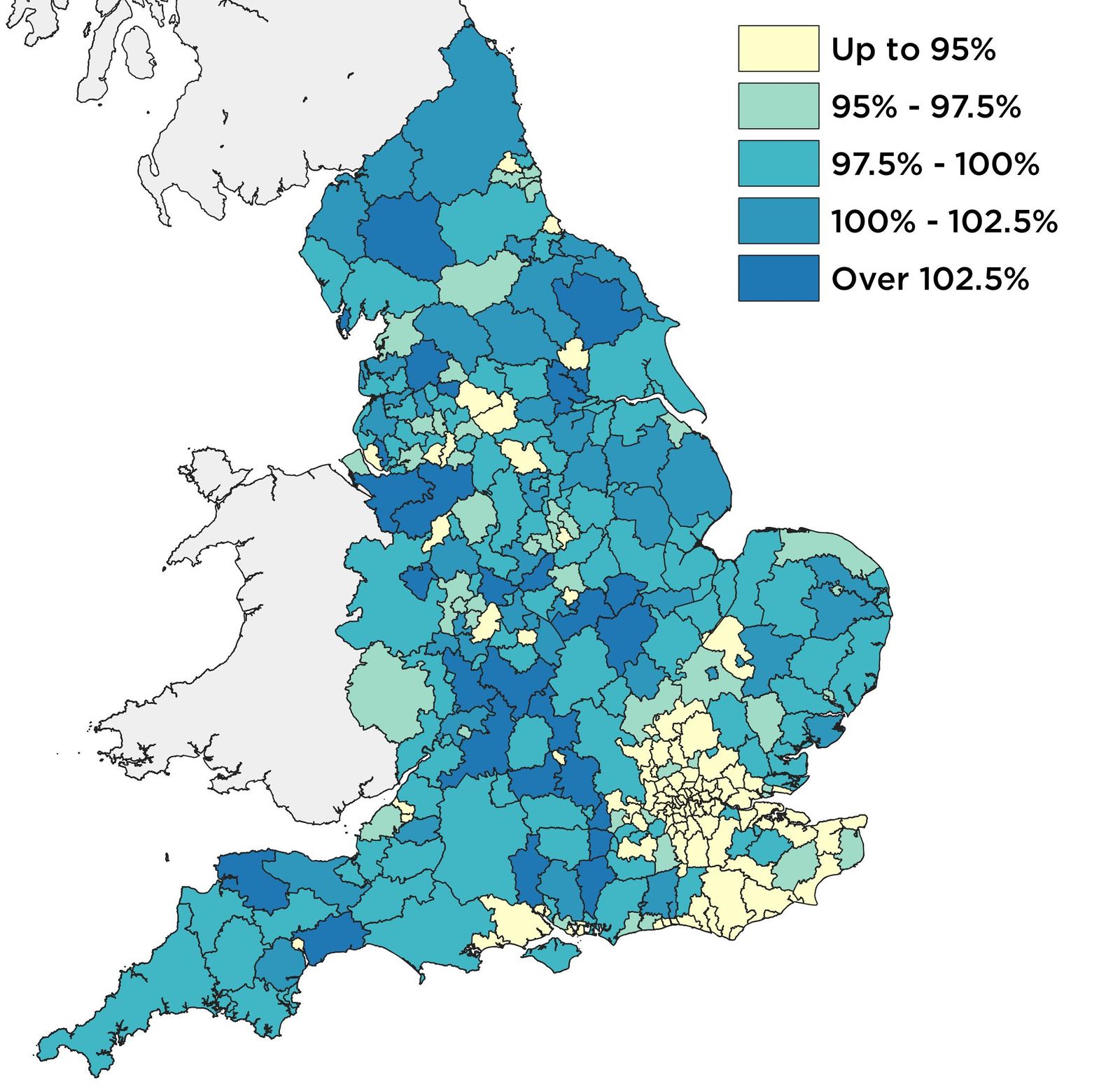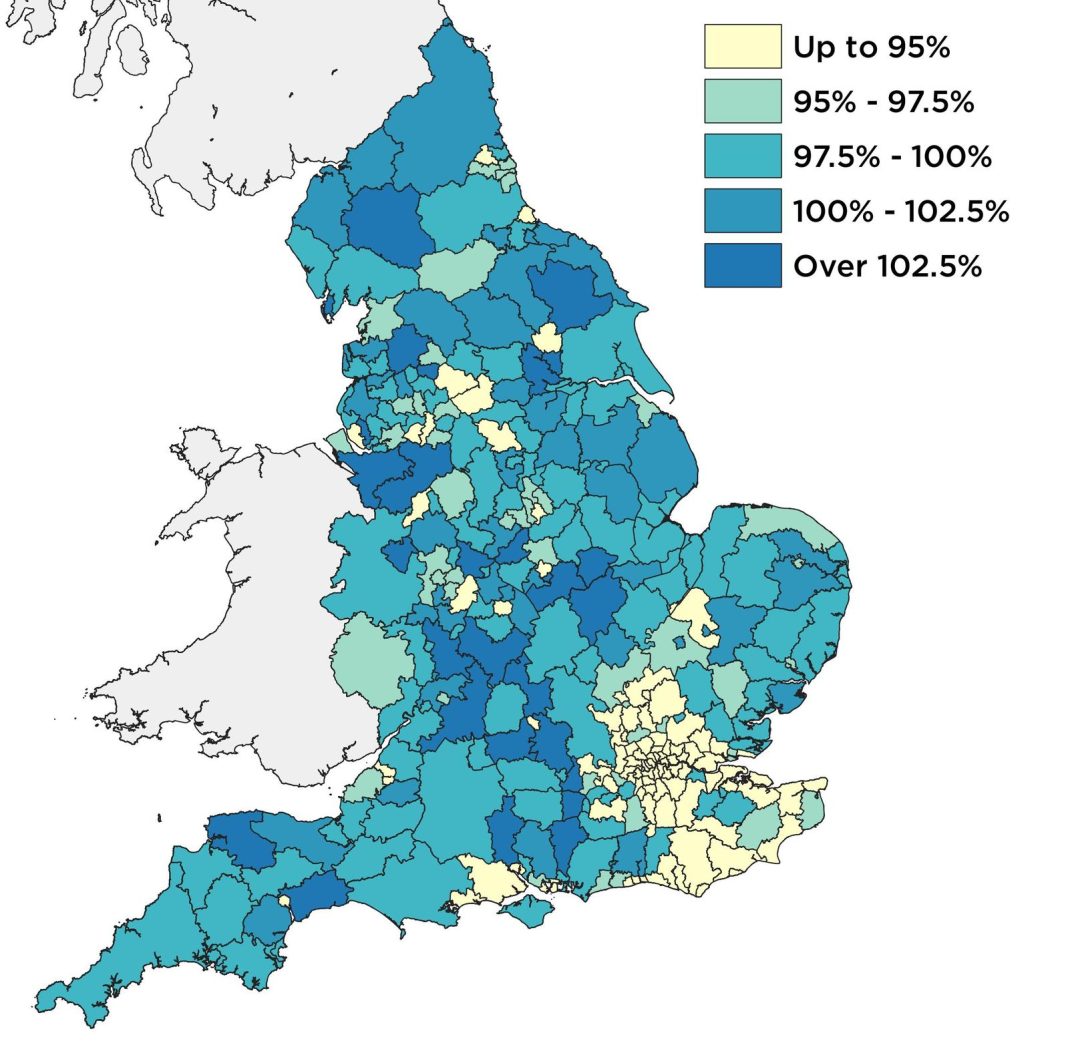 Title: Energy Price Cap Decrease Offers Temporary Relief for UK Households
Title: Energy Price Cap Decrease Offers Temporary Relief for UK Households
Introduction:
Customers in England, Wales, and Scotland can anticipate a decrease in energy costs as energy regulator Ofgem announces a 7% reduction in the price cap. While this news provides some respite, experts caution against long-term expectations of stability. This article examines the factors contributing to the price cap decrease, the challenges faced by households, and the future outlook for energy prices.
The Price Cap Decrease and its Impact:
Ofgem’s market unit price cap announcement indicates that the average household energy bill will decrease in the third quarter of the year. This reduction translates to approximately £122 in savings for households across England, Wales, and Scotland annually. The actual amount each customer pays depends on their energy consumption, location, and meter type. The price cap sets a legal limit on the maximum price suppliers can charge for gas and electricity usage, including a maximum daily standing charge.
Factors Influencing Energy Prices:
The decrease in wholesale energy prices during the months of July to September contributes to the reduction in costs for dual-fuel customers paying by direct debit. However, despite this positive development, energy bills remain historically high due to the impact of COVID-19 regulations and geopolitical factors such as Russia’s invasion of Ukraine. The average energy bill in the UK is still significantly higher than it was three years ago, with an approximate difference of £500.
The Future Outlook:
Although the current price drop provides temporary relief, analysts predict that Ofgem will increase the price cap in October before decreasing it again in January 2025. Ofgem’s Chief Executive, Jonathan Brearley, acknowledges that prices are still considerably higher than pre-crisis levels and that they are likely to remain high and volatile in the long term. This forecast aligns with the expectations shared by industry experts.
Insights from Industry Experts:
Mike Thornton, Chief Executive of the Energy Saving Trust, welcomes the short-term decrease in energy prices but emphasizes that it should not be seen as a sign of stability. He highlights the importance of implementing policies that encourage energy efficiency and reduce consumption to lower bills and guarantee long-term energy security.
Craig Lowrey, Principal Consultant at Cornwall Insight, emphasizes that the current price cap is insufficient to bring down bills to pre-crisis levels. He suggests that the upcoming general election presents an opportunity for political parties to address this challenge and work with Ofgem to review and modify the existing cap to support struggling customers effectively.
The Purpose of the Price Cap:
Introduced in January 2019 by the government, the energy price cap aims to strike a balance between allowing energy suppliers to recover their efficiency costs while ensuring that customers are not overcharged. Under the price cap, suppliers can offer lower standing charges for default tariffs but must demonstrate that the overall amount charged to consumers remains within or below the total price cap.
Conclusion:
While the reduction in the energy price cap offers some relief for UK households, experts warn against relying on long-term stability. Rising energy prices, influenced by various factors, continue to pose challenges for consumers. To address this issue, a comprehensive approach is needed, including policies that promote energy efficiency and support struggling customers. As the industry evolves, ongoing collaboration between policymakers and regulatory bodies like Ofgem will be crucial in finding sustainable solutions for affordable and secure energy provision.


